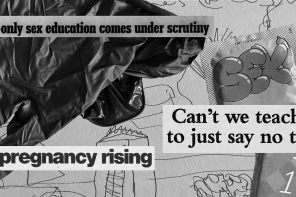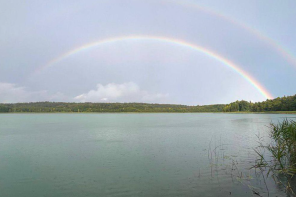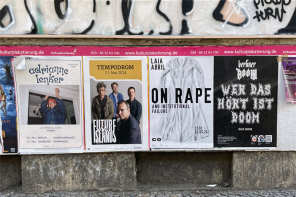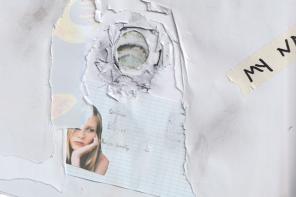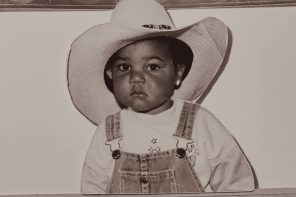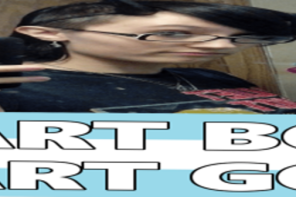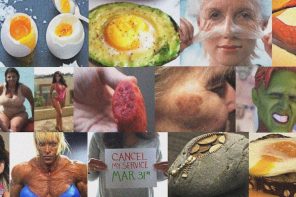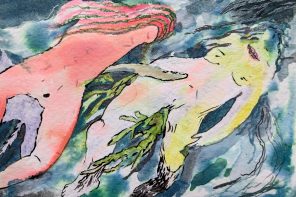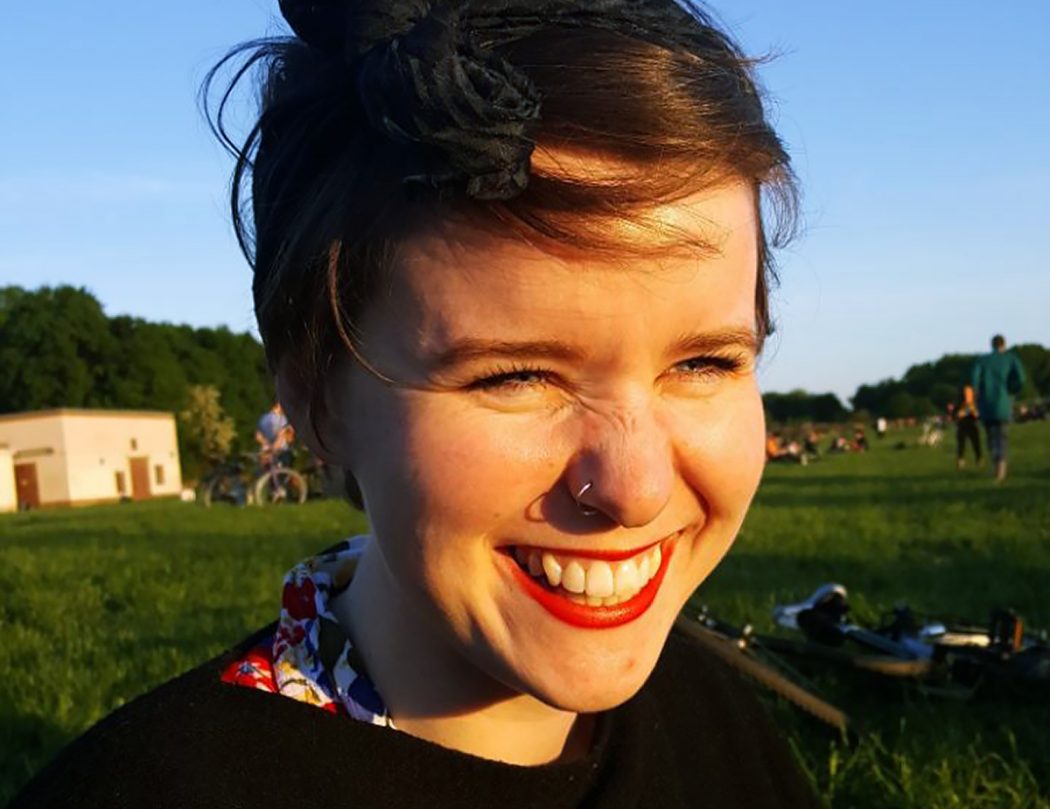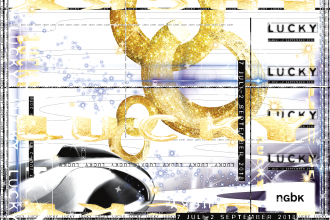Jes Walsh is a zine-maker, the co-facilitator of the now-defunct queer space “Boys Club” in Berlin, and a doula. We asked Jes some questions about what it means to be a queer doula supporting not only birth but also postpartum, miscarriage, or abortion processes for pregnant people across the spectrums of gender, race, and class.
You did your first certification about two years ago, with DONA, right? And you’ve been gathering resources and attending various training programs since then, including an online course with Madriella that you’re doing right now. Do you have any advice or recommendations for people who would like to begin doula training?
Yeah! I think you should first do a bit of research into the training programs you are interested in. Look into long term cost, their policies around anything political you are interested in, the language they use in their documentation, and how accessible it is to you where you are. I originally chose the one that was most internationally recognized but realized halfway into it that I personally wasn’t satisfied with that program and their policies. After my initial training, I’ve been piecing together the education I want to receive with various other organizations.
What do you think about paying for this kind of training? And what does being a ‘certified’ doula even mean?
I think there are many, many ways to come into this work. Because it isn’t a state regulated profession, you can really make it your own and find ways to learn about birth support that best fit you, including a mentorship with someone, or supporting births in your community at first as a friend. I learned quickly because I paid for my trainings, but that is just one path to becoming a doula. In my experience thus far, certification hasn’t meant much in terms of being hired, so it’s a personal decision to move from training to certification.
What’s the difference between doulas and midwives?
Depending on where you live, a midwife is a healthcare practitioner who can replace or be used alongside your OB care. A midwife performs physical examinations prenatally, during labour, and postpartum. A doula is not a medical provider but provides emotional and physical care throughout pregnancy and birth. Doulas and midwives work well together because often, in a hospital setting, a midwife can’t provide continuous emotional and physical care for the birthing person, so a doula takes over to always be there for them.
You mentioned that you think midwifery has suffered by becoming something that exists within a legal framework of regulations and public health care (in Germany), and that you are happy that being a doula remains somewhat under the radar. Can you say more?
During the renaissance, with the rising of elite university “trained” male doctors, midwives and female healers were banned from practicing by the state and church. This has continued to happen all over the world and is repeatedly happening in non-western countries today due to the impacts of colonization. Governments have banned non-licensed midwives from practicing in in their communities to “provide safety to the public” and have therefore made any form of care for people living in rural areas expensive and inaccessible. This pushes pregnant people into hospitals and medical centers (when they have the possibility to travel to cities) and forces them to leave their traditional birthing practices and communities behind, in fear of heavy fines or persecution by the government.
Though the contemporary medical model of care has been mostly detrimental to the status of women within the medical profession, I do believe there are benefits to having standards of practice. There are guidelines that medical professionals follow to ensure safety that can really save people from illness and death. Throughout history women have supported people through pregnancy and childbirth. But now, where I live, it is a paid profession. Thank feminism for pushing the idea that care-work should be valued and financially compensated by society. Until now, doulas haven’t been a concern for regulatory bodies but I do worry that with the increase of professionalism, governments and insurance companies may see that as a way to profit and control our incomes, mandate that we pay insurance, and control where and when we are allowed to support birth. There are benefits and disadvantages to both sides of the coin but holding a community-based standard of practice (rather than governmental standards of practice) is what I see as most important.
How did you first come to see that you can connect your doula practice with your feminism and activism?
I’ve been involved in pro-choice and nanny work for a while, and I remember a moment when a friend told me about doulas and it sparked my interest as a way to connect those two parts of my life. When learning more about reproductive justice I saw my activism as a combination between the obvious importance of being pro-choice as well as having the autonomy to decide when and how to have babies. Not many outcomes of pregnancies are straightforward, especially for marginalized people who face daily inequality in their reproductive rights. Instances like inadequate access to sex education and birth control, receiving criticism for having too many kids, or experiencing forced sterilization are just a few injustices marginalized folks face every day. Black women are four times more likely to die during childbirth than white women in the United States, due to systemic racism. Reproductive Justice needs to be more central to (feminist) politics and activism right now.
What formats, institutions, non-profit organizations, or other supra-structures do you imagine will enable you to make your doula practice more accessible to communities who can’t afford it?
For a long time I was doing unpaid doula work which was an amazing experience but financially and emotionally unsustainable. So now, I offer my birth, postpartum and abortion doula services full priced or on a sliding-scale and payment plan basis which can be worked out individually.
I believe that every pregnant person should get adequate healthcare, respect, and if they would like, a doula. Unfortunately Berlin doesn’t yet have resources like a free, community-based doula support system for underserved communities like “The Doula Project” in New York and “DC Doulas For Choice” in Washington DC.
Can you speak to the relationship between mental health issues and pregnancy?
Postpartum depression and anxiety are a lot more common than people may think. About 14% of people who have given birth experience postpartum depression to different degrees. I think like most forms of mental illness, postpartum depression is rarely discussed and highly stigmatized. I encourage people to find local support for this during pregnancy so they have numbers on hand in case they are needed, and to reach out to your partners and community as soon as you think you may be experiencing this because it actually can develop into something more severe or effect your mental health long-term.
And what about queer families and births? What are common thoughts, fears, and assumptions queer families have about birth, or about what working with a doula could alleviate for them?
Many things are assumed about people giving birth- like that the pregnant person identifies as a woman and and that they are married and in a heterosexual relationship. These assumptions can be exhausting and traumatizing for a lot of people who that isn’t the case for. Having doula support can be helpful in having continuous care with someone who you don’t have to explain your gender or relationship constellation to, someone to correct a doctors incorrect pronoun usage, and hold space for a situation that may be triggering or induce gender dysphoria. I won’t say that all doulas are capable of this form of support so I’d encourage you to seek out a queer doula or someone that vibes well and respects you.
What does a doula do for people who will or have experienced abortions?
A doula can assist you in clinic for a surgical abortion or at home with a medical abortion. Unlike in the US, there aren’t clinics in Germany that allow abortion doulas to work on location but there are abortion doulas out there who can support you before and after or at home. Abortion doulas support people in ways like emotionally holding space for the persons experience, providing minor physical support, helping to determine if things are “normal” with the process, and keeping you nourished and as comfortable as possible. Abortion doulas can also help in times of miscarriage or a late termination of pregnancy. Often miscarriages are a very private moment in someone’s life that could really benefit from the support of someone who understands the process or could hold space for the experience you are having. Here is an amazing zine called DIY Doula by the Doula Project on self care before, during, and after your abortion.
Find out more about Jes and her doula practice at www.jeswalsh.com
Interview by Louise Trueheart
Photo by Nik Hendrikx
Jes Walsh is a queer full-spectrum doula who loves cake, crafting, and herbalism. She’s a perpetual list-maker, admirer of plants, and nerd for reproductive justice. When she’s not working as a doula, she’s figuring out wordpress, riding her bike around Berlin, or doing some hard-femme camping.
Louise Trueheart is a dancer and writer based in Berlin. When she isn’t working with COVEN, Louise navigates the european dance and performance milieu, sells her stuff on ebay, reads books, translates a french outsider art magazine, and works out.

